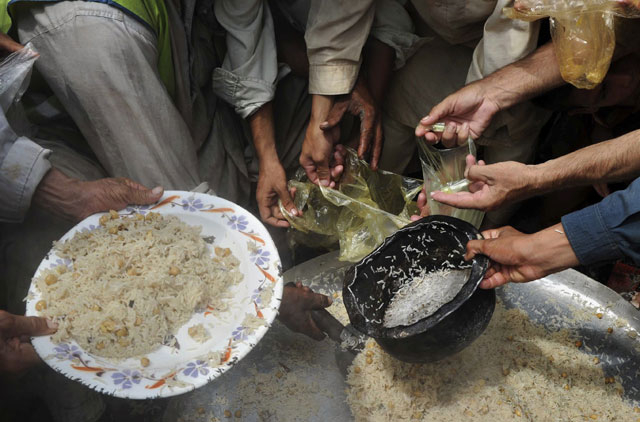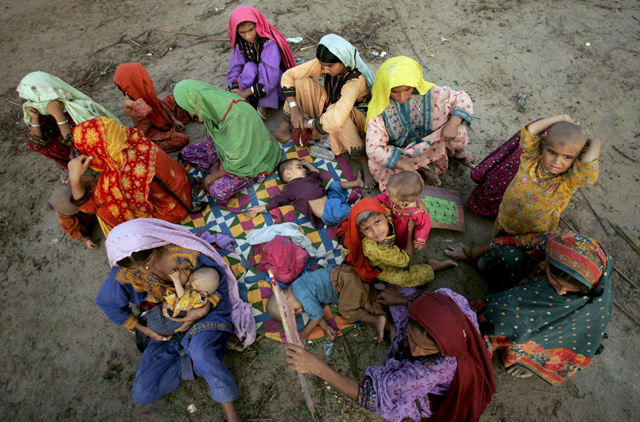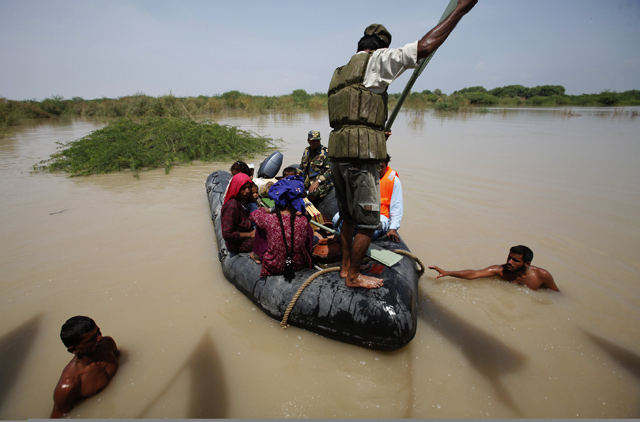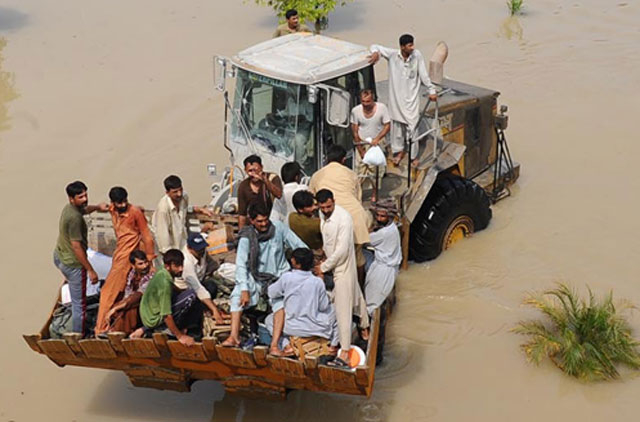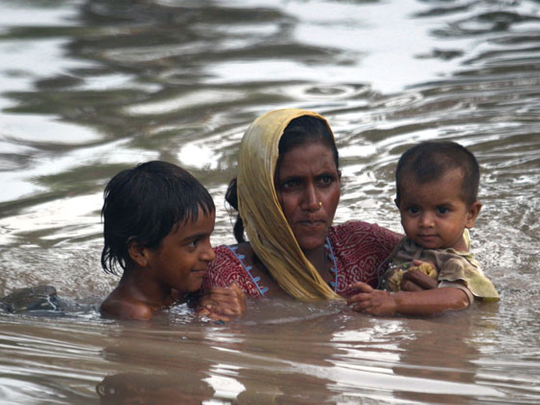
Mingora: Landslides triggered by the worst floods in Pakistan in 80 years are hampering already troubled relief efforts, with aid workers using donkeys or travelling on foot to reach millions in desperate need of help.
Poor weather has made it difficult for helicopters to deliver food to some parts of the Swat Valley, northwest of the capital Islamabad and among the areas first hit by the deluge.
In pictures: Floods in Pakistan
Many roads have been destroyed and landslides have added to the isolation of many areas.
The catastrophe, which has put unpopular President Asif Ali Zardari on the defensive and improved the standing of the military which is spearheading relief efforts, has killed more than 1,600 people and left two million homeless.
"It's hard to get supplies there. I would like to emphasise we are moving by foot or donkey. We are making all kinds of possible efforts. We are unable to get in to most places of Swat Valley," said Maurizio Giuliano, spokesman for the UN Office for the Coordination of Humanitarian Affairs.
Zardari's decision to go ahead with official trips to Europe during the crisis has renewed criticism of his leadership. The military has taken the lead in relief efforts while the government is under fire for perceived dithering.
Analysts say there is no chance the military, which has vowed to stay out of politics and is preoccupied fighting militants, will try to seize power.
US officials, while decling to discuss this publicly, are also concerned about the damage caused by the weak government response to the floods and mounting hostility toward Zardari.
Islamists fill the aid void
Charities with links to militants have taken advantage of the vacuum left in Pakistan and delivered aid to thousands stranded by the floods, possibly boosting their own standing among Pakistanis as Taliban militants press on with their war.
The flooding, brought on by unusually heavy monsoon rains over the upper reaches of the Indus river basin, including eastern Afghanistan and northern India, has destroyed 360,000 houses, aid groups say.
Floodwaters have roared down from the north to the agriculture heartland of Punjab and on to southern Sindh along a trail more than 1,000km long.
More heavy rain could bring more devastation and complicate efforts to distribute food and supplies to areas still cut-off.
An army spokesman in Swat said there had been landslides that blocked the main road leading to the valley. Relief efforts have resumed but helicopters are not able to reach parts of valley because of rain, he said.
"We are using 100 mules to transport relief to far-flung areas where helicopters could not fly because of bad weather," the army spokesman said.
In pictures: Floods in Pakistan
The army has distributed nearly 100 tonnes of food and other relief goods to three areas of Swat.


